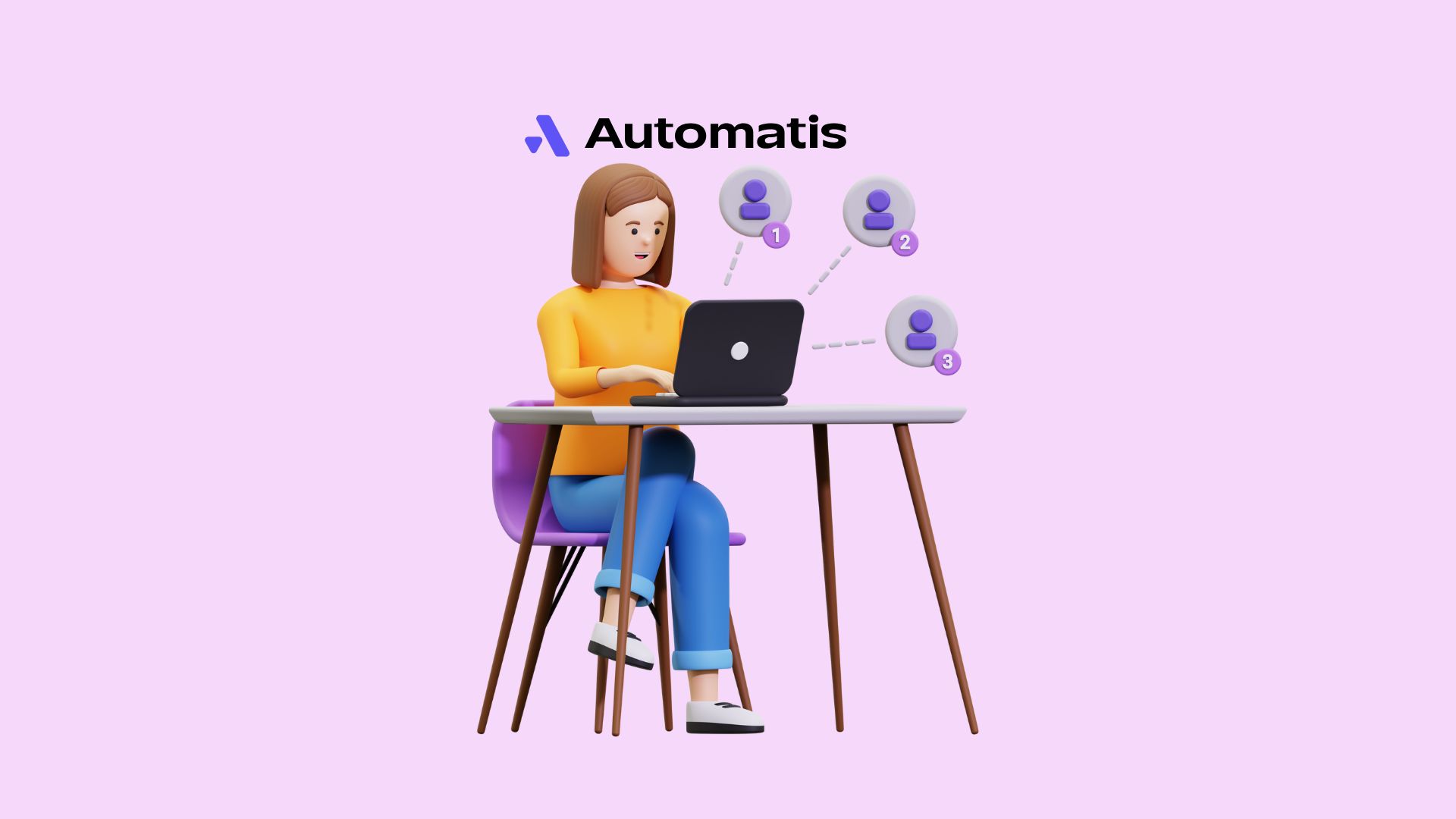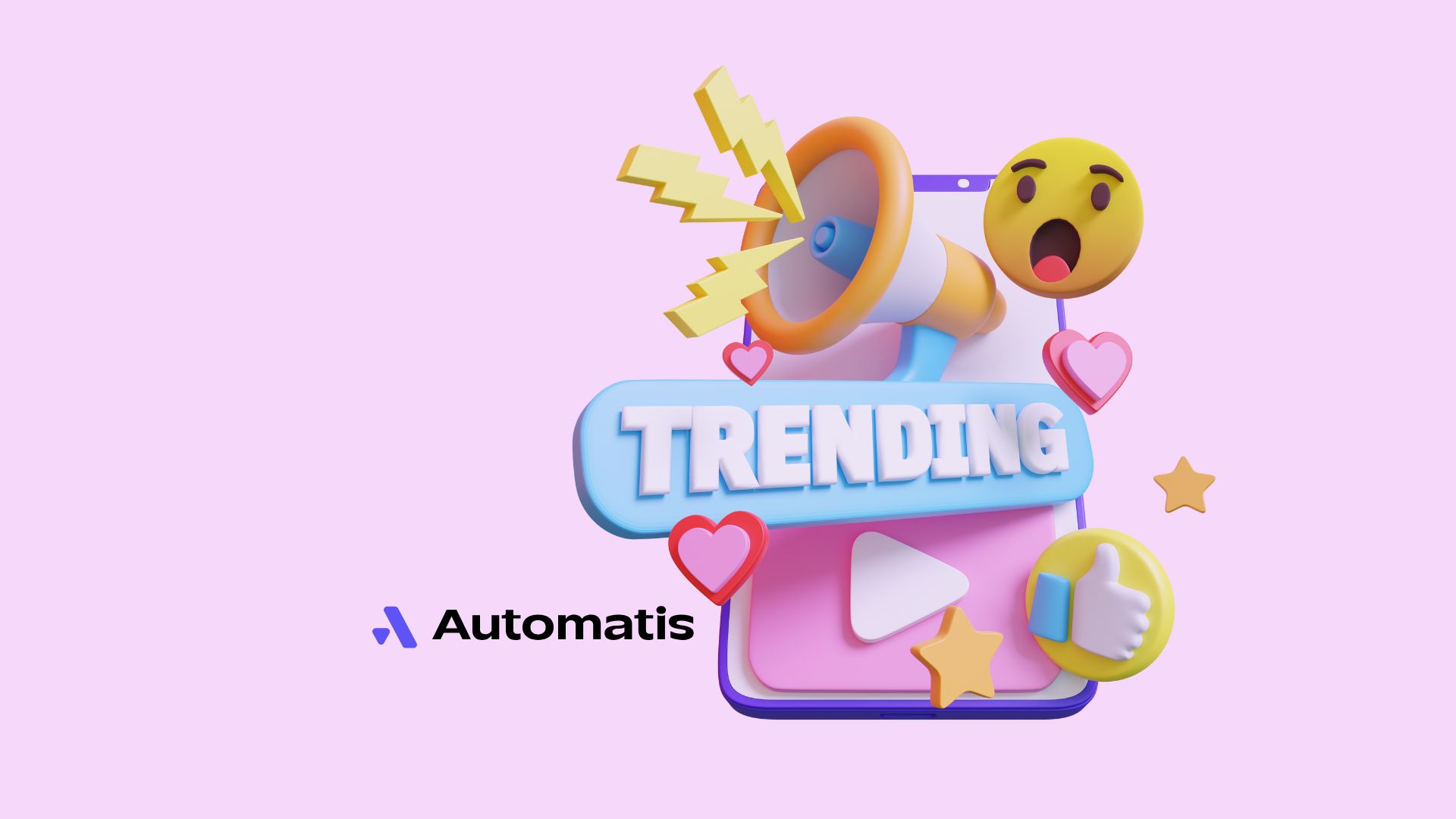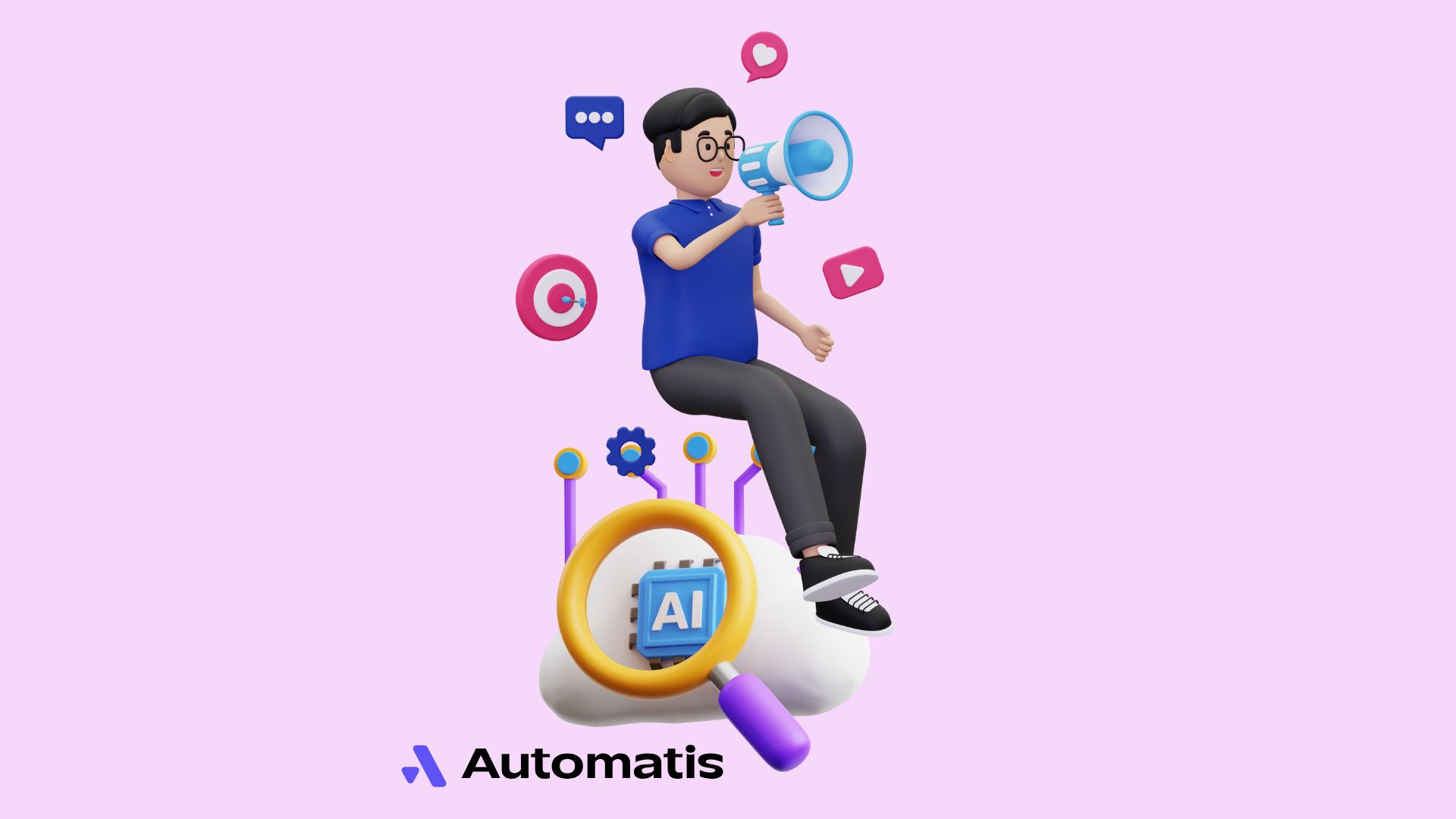Social media has become an essential marketing tool for businesses looking to reach a wider audience, engage with customers, and drive sales. As brands expand their digital presence, the challenge of managing multiple platforms, maintaining consistency, and responding to audience interactions grows. This is where automation steps in, offering a scalable solution for streamlining social media campaigns.
However, while automation brings efficiency, it also presents challenges that can impact campaign performance if not handled correctly. In this article, we-ll explore the key challenges businesses face when scaling social media campaigns with automation and the opportunities that come with leveraging it effectively.
Understanding Social Media Automation
What is Social Media Automation?
Social media automation refers to the use of software, algorithms, and AI-driven solutions to manage social media tasks such as content scheduling, analytics tracking, audience targeting, and engagement monitoring. It allows marketers to streamline repetitive processes and focus on strategy and creativity.
How Automation Impacts Campaign Scalability
Scaling a social media campaign means expanding its reach, increasing engagement, and improving ROI without a significant increase in workload. Automation plays a key role in this by handling tasks that would otherwise be time-consuming, such as posting across multiple platforms, tracking performance metrics, and segmenting audiences.
Benefits of Using Automation in Social Media Marketing
- Saves Time: Automates repetitive tasks, allowing marketers to focus on strategy.
- Ensures Consistency: Maintains a steady flow of content without gaps.
- Improves Engagement Tracking: Helps analyze audience responses in real-time.
- Enhances Targeting: Uses AI to reach the right audience with the right message.
Key Challenges in Scaling Social Media Campaigns with Automation
1. Content Quality vs. Quantity
One of the biggest challenges is maintaining high-quality content while scaling up the volume. Automated scheduling can lead to generic posts that lack originality and fail to engage audiences.
2. Maintaining Authentic Engagement
While automation can schedule posts and replies, it struggles with real-time interactions. Automated responses can come off as robotic or irrelevant, leading to disengagement from followers.
3. Algorithmic Changes and Platform Policies
Social media platforms frequently update their algorithms, affecting how content is displayed. Relying too much on automation without adapting to these changes can result in reduced visibility and engagement.
4. Over-Reliance on AI and Lack of Human Touch
AI-driven content generation and chatbots are improving, but they still lack the emotional intelligence and creativity of human interaction. Overuse of automation can make a brand feel impersonal.
5. Managing Multi-Platform Campaigns Efficiently
Each social media platform has different posting formats, engagement rules, and audience behaviors. Scaling campaigns across multiple platforms while ensuring consistency can be complex.
6. Data Privacy and Compliance Issues
With increasing concerns over data protection, businesses must ensure that automated tools comply with privacy laws and platform regulations to avoid legal issues.
Opportunities in Social Media Automation
1. Enhanced Efficiency and Time-Saving
Automating tasks such as content scheduling, reporting, and basic interactions allows teams to focus on creative and strategic aspects of marketing.
2. Personalization at Scale
AI-driven automation enables businesses to segment their audience and deliver personalized content without manual intervention.
3. Improved Data Analytics and Performance Insights
Automation tools provide detailed analytics on campaign performance, helping businesses make data-driven decisions.
4. Consistency Across Multiple Channels
Using automation ensures that messaging remains consistent, even when managing multiple platforms and large-scale campaigns.
5. Better ROI and Cost Reduction
By automating repetitive tasks, businesses can optimize resources, reduce labor costs, and achieve better results with minimal investment.
Best Practices for Effective Social Media Automation
- Balance Automation with Human Interaction: Use automation for repetitive tasks but maintain personal engagement where necessary.
- Adapt to Platform-Specific Algorithms: Regularly update strategies based on changes in social media algorithms.
- Leverage AI for Analytics: Use automation to analyze trends and adjust campaigns in real-time.
- A/B Test Automated Campaigns: Optimize content and posting schedules by testing different approaches.
- Ensure Compliance with Privacy Regulations: Keep up with data protection laws to avoid potential risks.
Future Trends in Social Media Automation
- AI-Generated Content: Smarter algorithms will create more human-like content.
- Predictive Analytics: Automation will anticipate audience behavior and optimize strategies in advance.
- Voice Search & Conversational Marketing: AI chatbots will improve customer interactions.
- Emerging Platforms: Automation will play a key role in adapting to new social media trends.
Conclusion
Automation is a powerful tool for scaling social media campaigns, but it requires careful execution. Businesses must strike a balance between efficiency and authenticity to maintain engagement and brand trust. By addressing the challenges and leveraging the opportunities, companies can build successful, scalable social media strategies that drive long-term growth.









